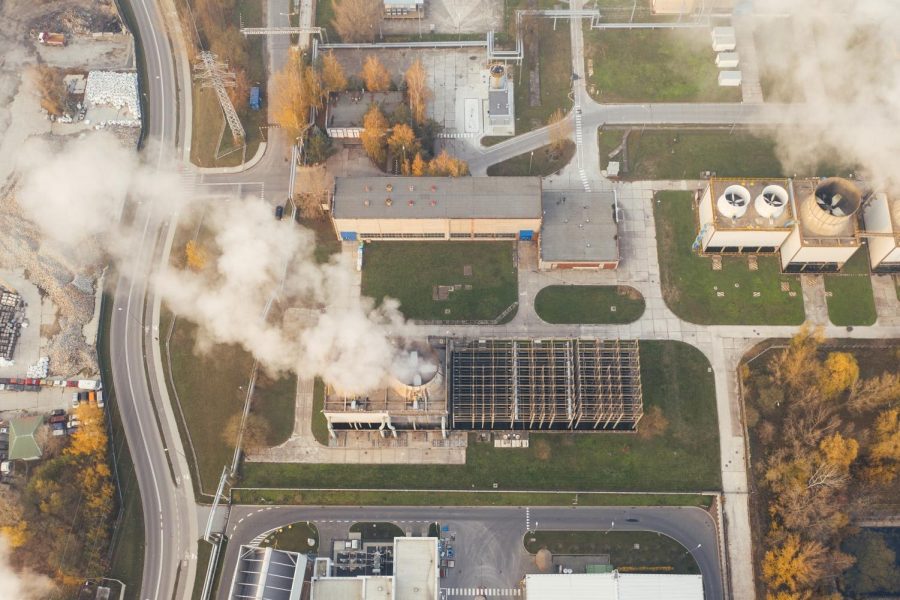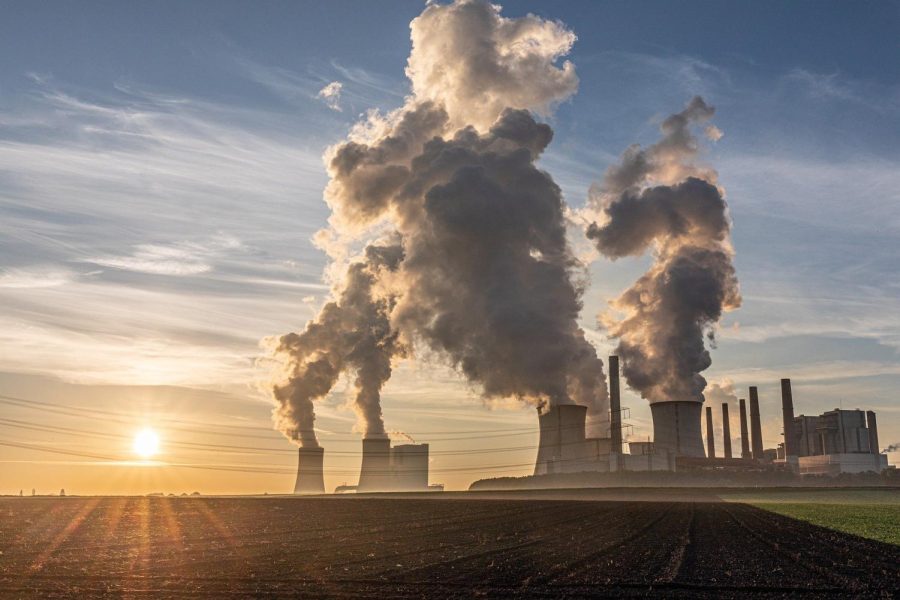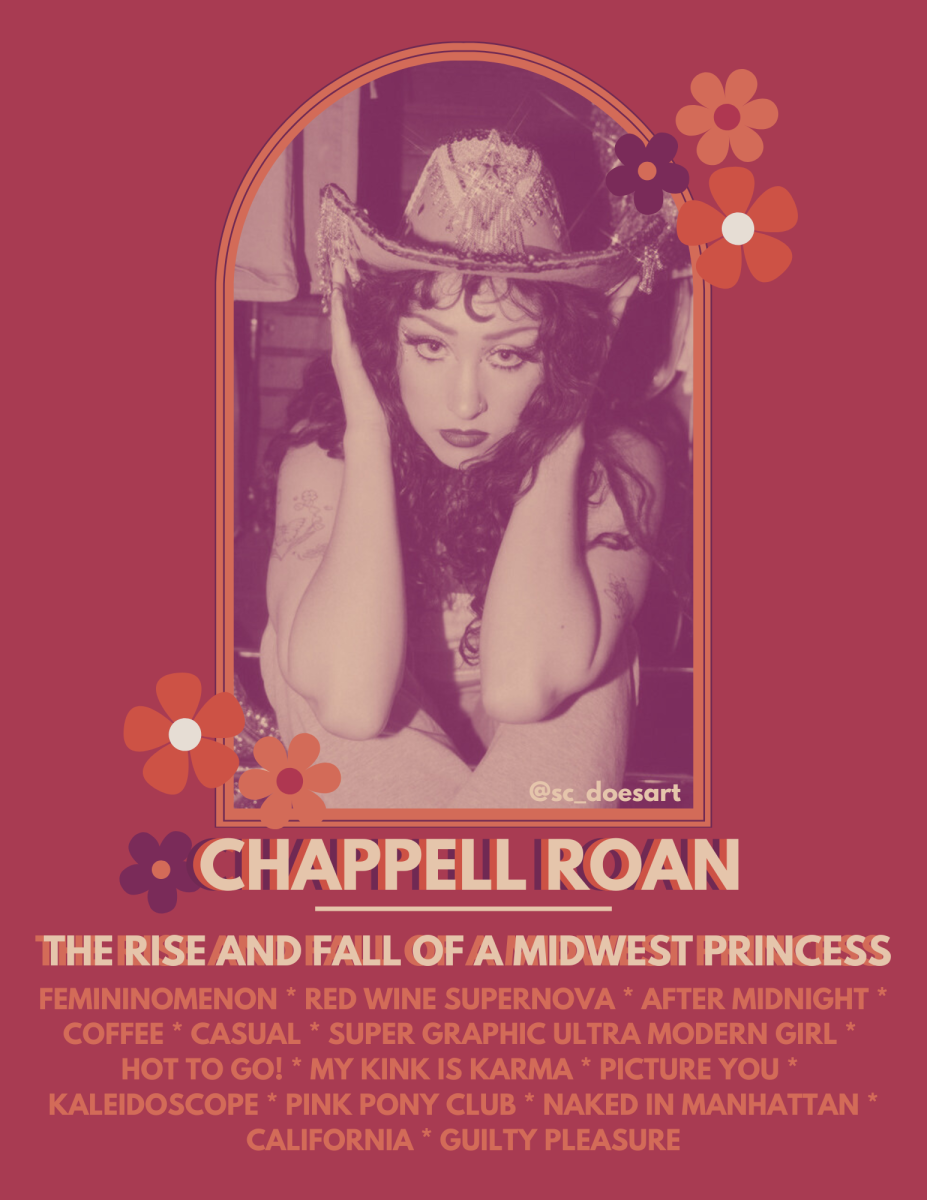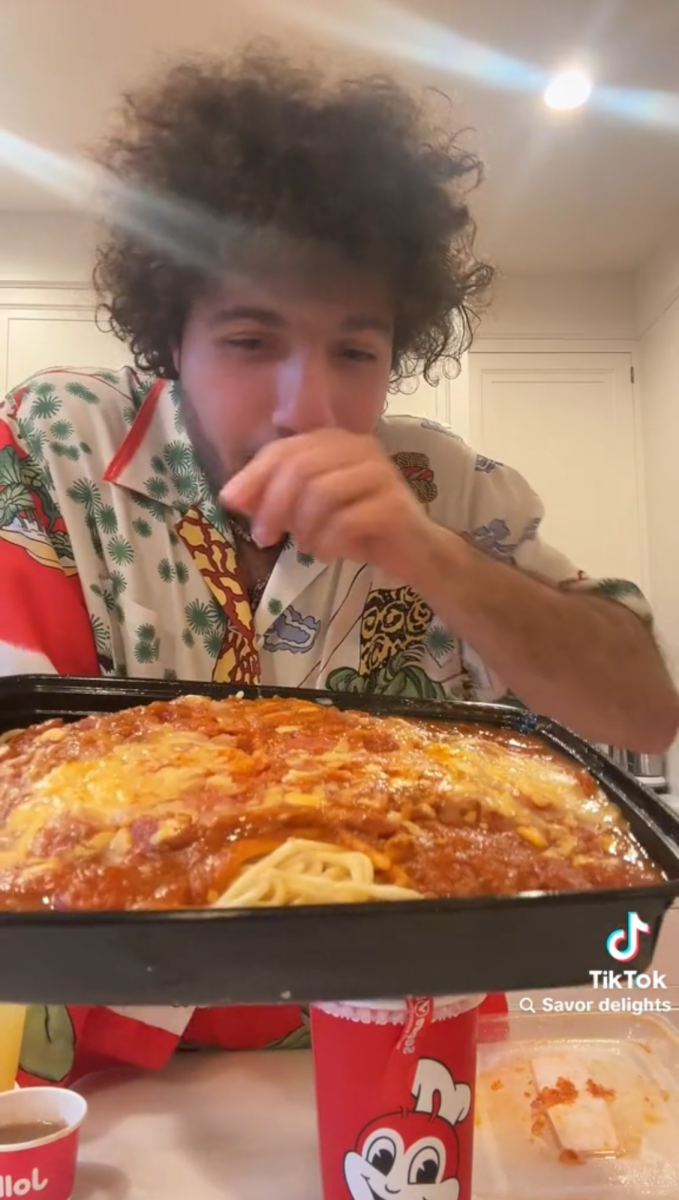
Agricultural farming contributes at least one-third of its greenhouse gas emissions to global warming, which causes climate change.
But, there is still hope. Organic farming, which is still in its adolescence, is more sustainable than conventional farming. Conventional farming, also known as industrial farming, uses monocropping techniques, toxic synthetic chemical fertilizers, pesticides, herbicides, and genetically modified seeds in the raising of their produce Organic farming does not use genetically modified seeds or synthetic fertilizers.
So, how do synthetic fertilizers impact human beings and the environment? Studies have shown that using synthetic fertilizer to produce inorganic food products can cause damage to the soil and it can contaminate the water systems, making the water undrinkable.
Synthetic fertilizers are derived from petroleum, which is also found in gasoline. Furthermore, genetically modified plants are harmful to certain insects like bees, and butterflies.
The long-term side effects of genetically modified plants are not yet known.
Organic farming is a much better alternative because it does not use synthetic fertilizers, and most organic farms refrain from using pesticides or herbicides. They use more natural methods which benefit the soil health, biodiversity, and water quality.
Organic food products are generally more expensive and this may discourages people from buying them.
A great way to buy organic is to go to your local farmer’s market. This is an excellent way to support the farmers in Wichita Falls.
I interviewed Becky Morath who owns a nearby organic farm called, “Morath Orchard”. She was very honest in telling me that her farm was not 100 percent organic.
“We only apply the regular fertilizer once, at planting time. Then, we kind of let nature take it from there”, Morath said.
The soil in our region is very sandy and it loses its nutrients easily. The Morath Orchard farmers take preventative measures by composting and planting peas in the winter to put back some nutrients but it is not always enough.
Organic fertilizer is too expensive and Morath’s clientele is small, mostly because not enough people are going out to support local businesses, especially at the farmers market.
Morath said participating in our local farmer’s market is a great way to establish direct communication and trust between the farmer and the consumer.
I personally love that I get a chance to talk with the farmers and know exactly what is being done to the food I eat.
I know organic food is a little more expensive but when I think about the overall impact that the conventional agricultural system has on the environment and how harmful it is to human beings, it motivates me to make better choices.
We need to work to make organic agricultural systems the only system we need because it is the most sustainable option.
If it were the only form of agriculture, we could innovate ways to make organic agricultural systems better for everyone. If we all buy our food locally from organic farmers we could be making a huge impact on small local businesses Morath Orchard, lessening our ecological footprint on the environment and improving public health.
Wichita Falls Farmer’s Market:
713 Ohio Ave, Wichita Falls, TX 76301
Tuesday, Thursday, and Saturday from May to October. Hours are from 7:30am – 1pm.
Maureen Trussell is a humanities junior.















